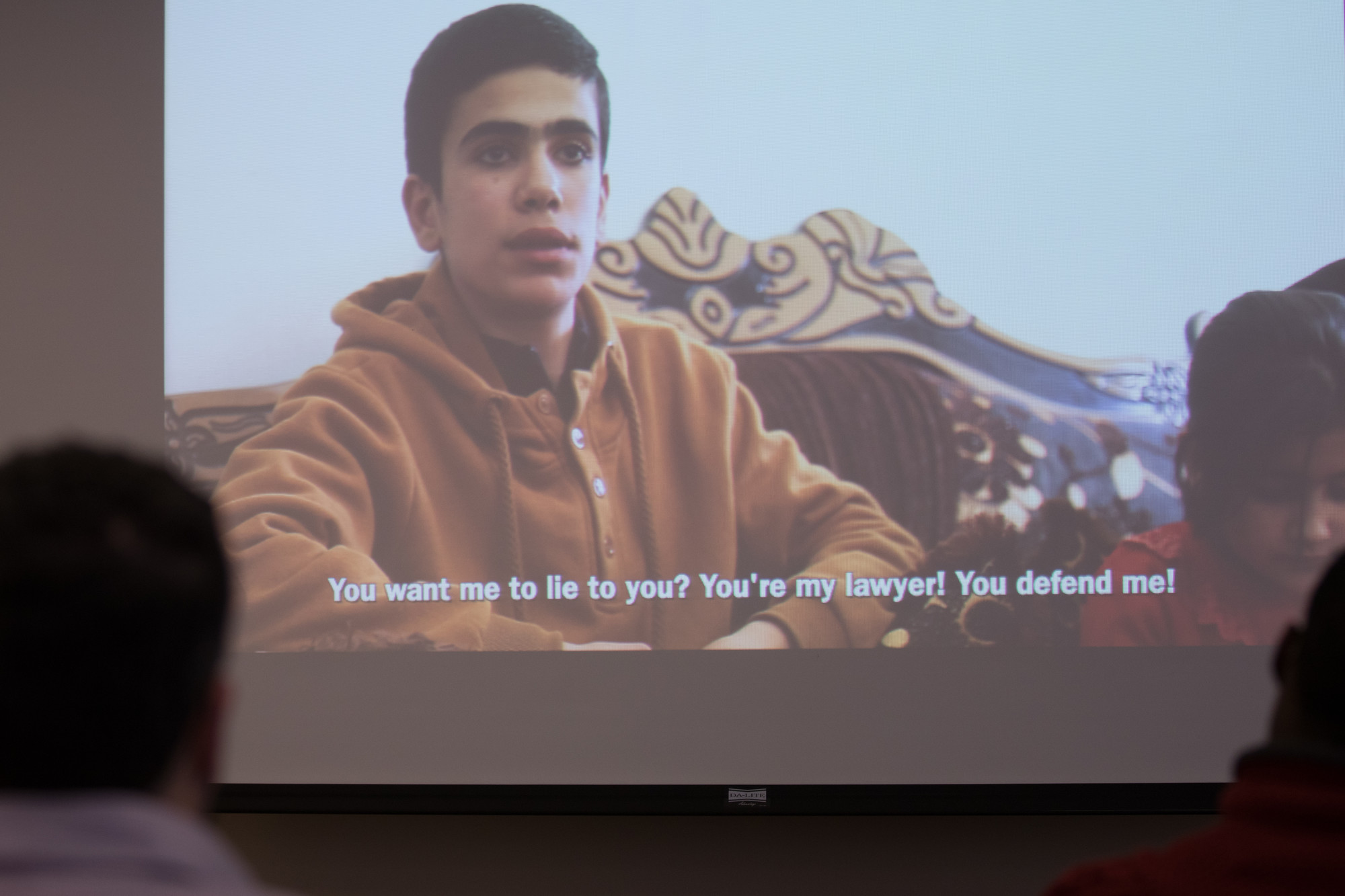
Film screening about the abuses that Palestinian kids face, like military detention AFSC
Every kid deserves human rights, kindness, and dignity
Everyone's kids deserve to grow up in safe neighborhoods, where adults respect their human rights and they are treated with kindness and respect. Yet, kids growing up in Palestine face terrible abuses. For example, every year, the Israeli military detains approximately 700 Palestinian children. When kids are held in military detention, they can be denied legal representation, due process, and physically abused. UNICEF has documented reports of kids being blindfolded and held in solitary confinement. Some of these kids are as young as 12.
It can be difficult to talk about these issues, but this is an important step in stopping these abuses. Here are four ways to start a conversation about the unjust military detention of children:
1) "Every kid deserves human rights, kindness and dignity." Starting a difficult conversation with shared values - like the things we all want for our kids or loved ones - helps build empathy with the person you are speaking too. This is critical to do when you are talking about issues like the treatment of Palestinian kids, as many people (especially in the U.S.) don't know much about this issue.
2) "Yet, Palestinian kids are horribly treated. They face increasing rates of military arrest and detention, among other threats to their human rights." Summarizing the problem as a threat to shared values - like human rights, and dignity and kindness towards children - helps the listener to understand why they should care about this problem.
3) "People in the U.S. have a role in fixing this situation." Research has shown that talking about problems without talking about actionable solutions makes listeners feel powerless. It also makes them less likely to care about what you're talking about. So when you're having this conversation, be sure to point the person you're talking towards solutions to the problem.
4) "Join the No Way to Treat a Child campaign." Once you've hooked your listener with shared values, framed the problem as a threat to those values, and shown them that there are solutions, you have an opportunity to move them to action. Providing them with an action they can take is critical, like joining the No Way to Treat a Child campaign. There are lots of other actions you can take too, like sharing resources with your networks or following AFSC on Facebook for more information.
Have you tried to start a conversation about children in detention? Or maybe you've seen something terrible on Facebook or the news about this issue? Tell us about it in the comments.